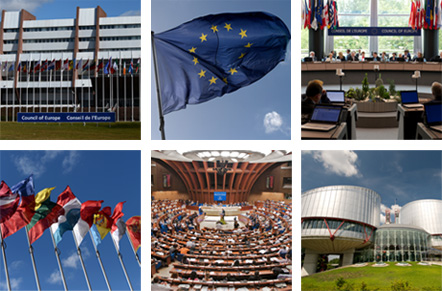At the ministerial conference for the Council of Europe’s drug policy platform (the Pompidou Group), Portugal takes over from Norway as the next president, with Poland as vice-president.
Attended by 130 participants, including ministers, government officials and leaders of international organisations who reviewed the Pompidou Group’s mandate and evaluated past achievements, the conference is held every four years to design the strategic direction under a new four year work programme for the Pompidou Group.
In opening remarks, Council of Europe Deputy Secretary General Gabriella Battaini-Dragoni praised the Norwegian presidency for moving human rights from a “key aspect of our efforts to combat drug abuse” to “the core”. She welcomed the new Portuguese presidency to not only share our ideas and approach more widely, but also to adapt to the changing nature of the drugs challenge in our fast-paced world.
The new work programme (2019-2022) under the Portuguese presidency, includes a focus on online addiction, recently recognized by the medical community as a pathology. “Internet Addiction Disorder (IAD) ruins lives by causing neurological complications, psychological disturbances, and social problems,” according to research from the U.S. National Library of Medicine and National Institutes of Health. Surveys in Europe and in the U.S. have indicated alarming prevalence rates between 1.5 and 8.2%. The Pompidou Group programme includes plans to work with Google and other private entities to examine how algorithms may be adjusted to limit the amount of time spent online for those activities often associated with drug use.



